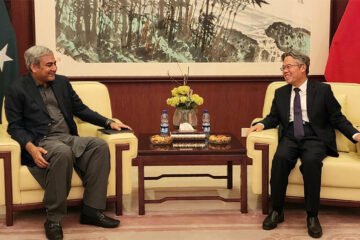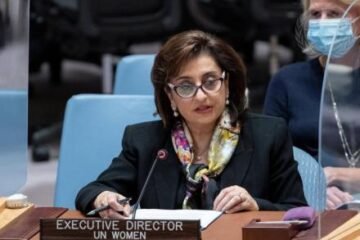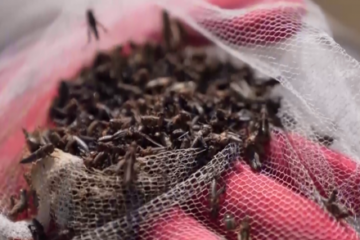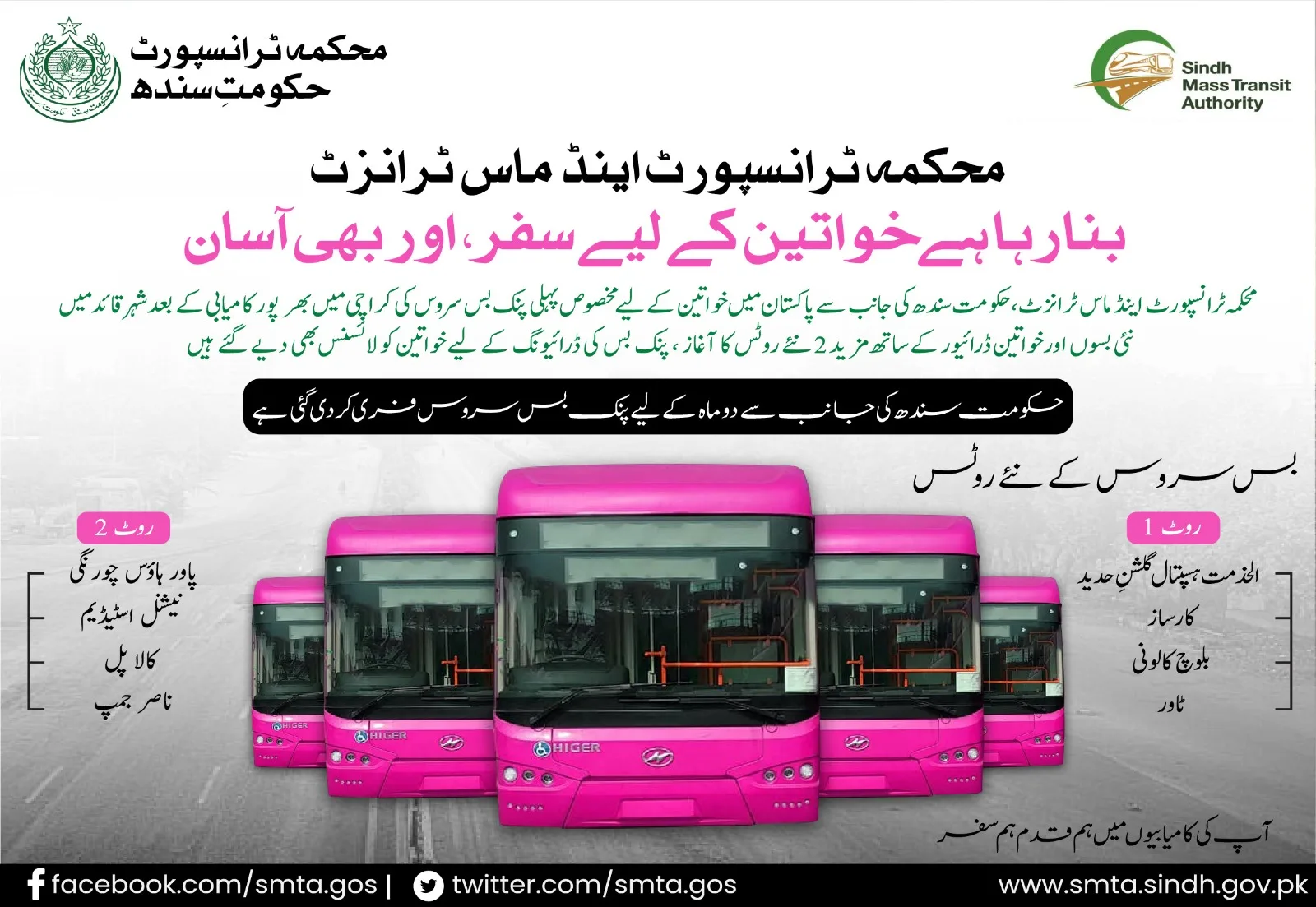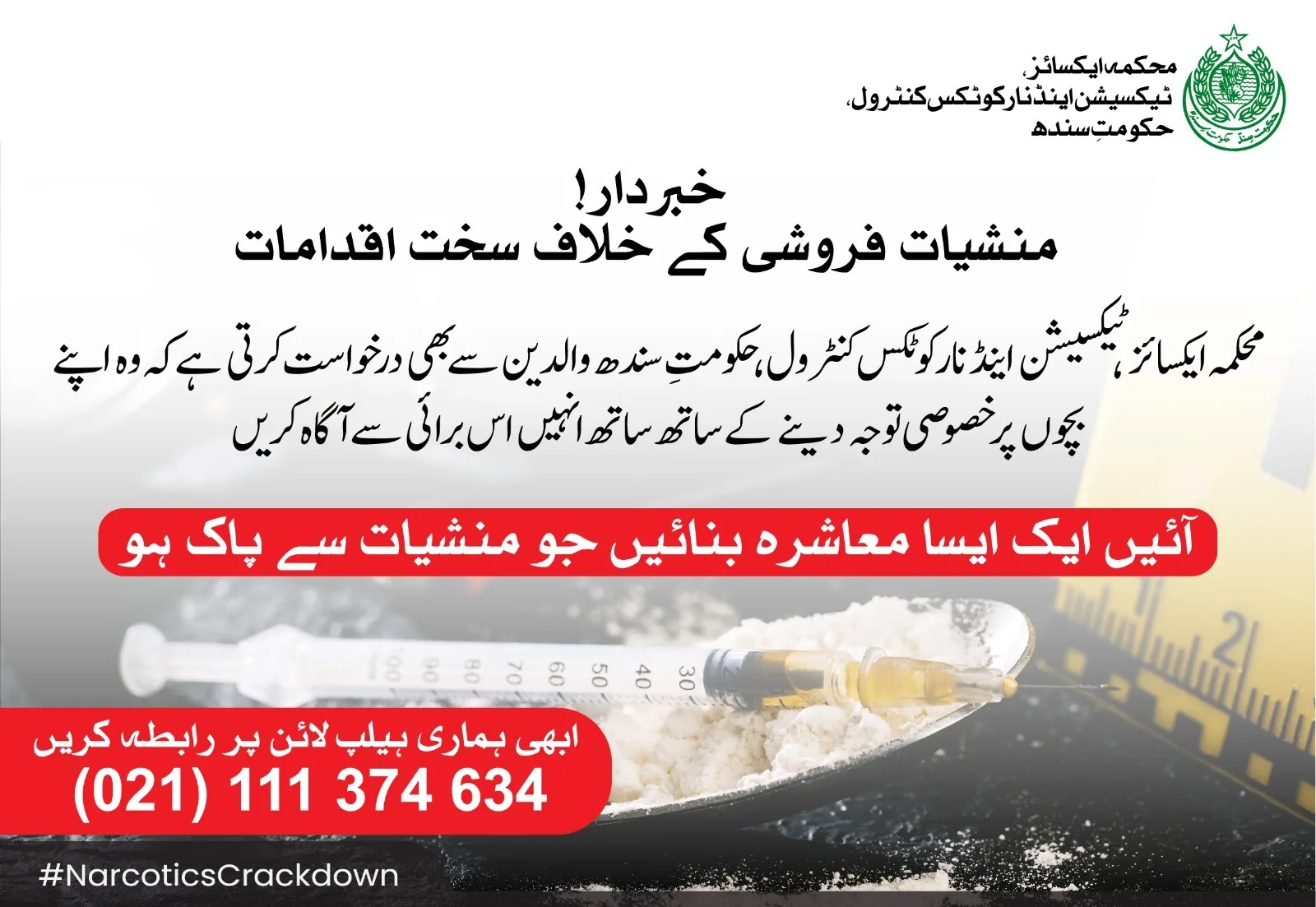Pakistani envoy in Washington urges US to pressure India to end it’s crackdown in Kashmir

NEW YORK, Aug 29 (APP):Pakistan’s Ambassador in Washington, Asad Majeed Khan, has urged the United States and the international community to “do more” to pressure India to end its militarized curfew over occupied Kashmir, saying that India’s prime minister has turned a vast section of the disputed region into “practically a concentration camp.”
Ambassador Khan, in a wide-ranging interview with reporters and editors at The Washington Times — a conservative newspaper — lamented that millions of people inside Indian-controlled Jammu and Kashmir have been on lockdown without access to medicine or electricity, let alone telephones and internet, for nearly a month since the government of Indian Prime Minister Narendra Modi revoked the area’s special constitutional status.
“Thousands are being put in prison,” he was quoted as saying. “The world needs to be aware.”
Meanwhile, Raja Farooq Haider Khan, the prime minister of Azad Jammu and Kashmir, who is on a visit to Washington, sought to promote the same message. He told The Washington Times that he wanted “to give a wake-up call to the United States that [it] should intervene immediately.”
“It has all the capabilities,” said the prime minister, who called on the Trump administration to demand a meeting between Indian and Pakistani leaders to stave off an escalating standoff between the two nuclear-armed South Asian nations.
In his interview with the newspaper, Ambassador Asad Majeed Khan also weighed in on the prospect of a breakthrough in U.S. peace talks with the Taliban in neighbouring Afghanistan.
But it was the Kashmir issue that dominated, the Times noted in the dispatch published Thursday.
The ambassador praised President Trump for not taking sides in the decades-old conflict over the territory, but he said more must be done. He said “no other country has the same clout or influence as the United States of America to basically urge India, to nudge India.”
President Trump met with Modi at the Group of Seven summit in France on Monday and said he has “good relations with both” India and Pakistan. But when asked whether his offer to mediate was still on the table, Trump said, “I think that they can do it themselves. They’ve been doing it for a long time.”
The Times noted that the Modi government’s deployment in early August of nearly 200,000 Indian troops to a central section of Jammu and Kashmir along India’s northern border.
With reports that the Indian forces were arresting hundreds of local Kashmiri political figures and cutting telephone and internet service across the territory, it cited Pakistani Prime Minister Imran Khan as warning that India was on the verge of carrying out a major “ethnic cleansing” against Muslims in the territory and replacing them with Hindus from other parts of India.
The paper also cited Modi as justifying his moves on grounds that the territory’s previous status — some political autonomy and a ban on outsiders buying land and taking public sector jobs — had fueled a movement for separatism and was unjust for Kashmiri women.
But critics, it said, say the Indian prime minister is a Hindu nationalist bent on ending Muslim control over Kashmir.
“India has actually laid down the ground to influence the demography of the state,” Ambassador Khan said in the in the interview. “They want to alter the ethnic composition of the state.”
He took specific aim at Modi’s ruling Bharatiya Janata Party (BJP), claiming the Indian prime minister is aligned with Hindu nationalists who see India as a historic Hindu homeland ruled for too long by invaders.
Ambassador Khan pointed to Modi’s history as chief minister of the Indian state of Gujarat in 2002, when the state was rocked by violence between Hindus and Muslims. That history haunted Modi upon his rise to prime minister in 2014, when the State Department briefly banned him from entering the United States because of allegations that he played a role in fomenting the violence.
“Look back at his career. He was someone who was banned from coming into the United States because of what he had done in Gujarat in terms of killing thousands of Muslims,” said the ambassador.
Khan said India’s recent moves in Kashmir are “not just about the dispute over land but the right of self-determination of the people, and I think what India has done is try to take away the identity of a people by reconstituting the territory, by redesignating areas.”
On Afghanistan, Ambassador Khan expressed high hopes for a breakthrough in the Taliban talks. He said Pakistani leaders have “played our part” in trying to bring about a deal.
He was, however, cautious about specific aspects of the negotiations, according to the newspaper.
The ambassador also declined to say whether the Taliban should be required to recognize the legitimacy of the U.S.-backed Afghan government.
“What is important is for all Afghans to be able to reach a common understanding …,” he said. “We also believe that a sustainable peace agreement is the one that all Afghans are able to sign onto.”
Noting the positive tone of Prime Minister Khan’s recent visit with Trump at the White House, the envoy said it showed the two leaders want to “see a peace agreement reached in Afghanistan.”
He also praised U.S.-Pakistani relations more broadly. Noting that more remittance money flows into Pakistan’s economy from the nearly 1 million Pakistani Americans than from any other nation, the ambassador expressed hope for expanded economic ties.
On a separate front Wednesday, Ambassador Khan defended his nation’s growing economic relations with China. He said Islamabad seeks close ties with both Washington and Beijing.
“We never see these two relationships as mutually exclusive,” he said, asserting that Islamabad is relying on Chinese investments in infrastructure to help boost Pakistan’s export potential, which in turn will help the country pay back loans to the Western-aligned International Monetary Fund.
China “came to us at a time when no one else was even looking at us,” said Ambassador Khan, adding that he would be happy to facilitate greater U.S. public and private investment in Pakistan’s economy.
